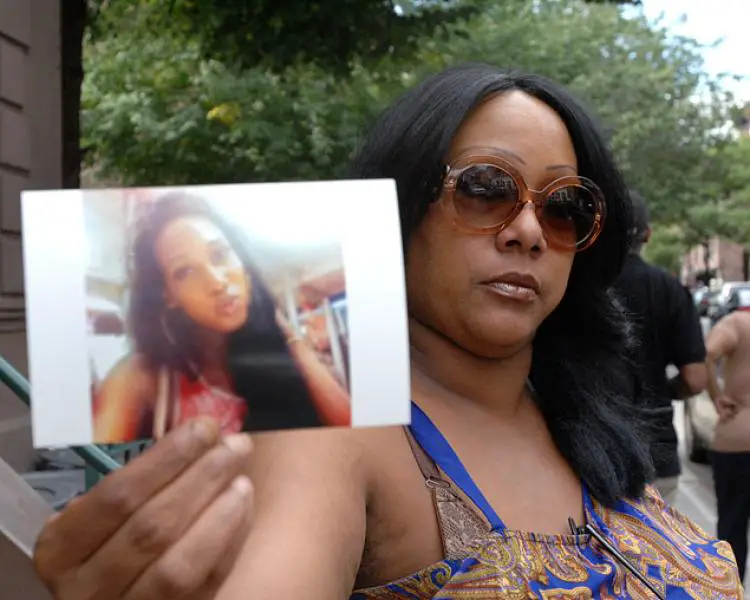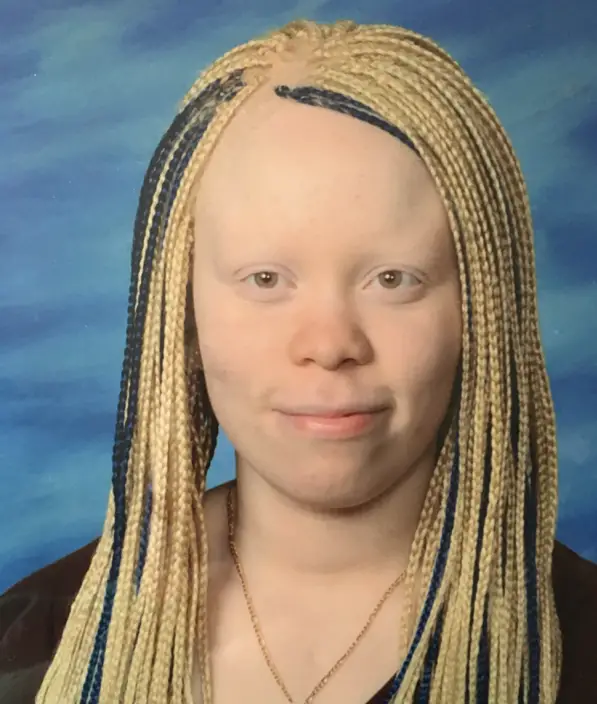Transgender, or trans, refers to people whose personal gender identity is different from the sex assigned at birth. Being transgender isn’t about the transition, sexual orientation or how a person chooses to dress but more about how they feel on the inside. The trans community is diverse with people coming from many different walks of life.
Some trans people identify as the opposite assigned sex, whether that be male or female, while others might identify as genderqueer, non-binary or agender. Unfortunately, violence against the trans community, specifically trans women, continues to be an issue.
At least seven known transgender women lost their lives with black trans women making up more than half of the number. The deaths of transgender women are increasing with each new year; there have been 26 known deaths of transgender women in 2015 with the death toll rising to 27 in 2016.
A study conducted between 2013 and 2017 by the Human Rights Campaign and Trans People of Color Coalition found that, of the 102 trans people murdered, 88 of those victims are women, and at least 87 are trans people of color.
The latest victim, Amia Tyrae, received a fatal gunshot wound to the chest on March 26. For context, this came less than a month after the death of Phylicia Mitchell.
The National Coalition of Anti-Violence Program suggests that these trends indicate that trans women have a greater risk of death as a result of hate violence than any other group. This largely impacts black transgender women who exist in a potentially deadly intersection of racism, sexism and transphobia.
It may be difficult for advocacy groups to count transgender people because sometimes local officials intentionally or unintentionally misgender trans individuals. Misgendering is the practice of purposely or accidentally referring to a person by the gender they don’t identify with.
Officers can do this by releasing the wrong name or gender. This mistake makes it much harder to grieve trans lives.
Some rhetoric in the United States and around the world fails to see trans women as the victims they actually are. Instead, these women are seen as predators. If you are not trans, it can be hard to understand what trans women go through. Trans women often get attacked because people don’t take the time to understand them, choosing instead to act on bigotry.
This bigotry creates a fake, harmful narrative about trans women, falsely accusing them of disturbing others when they use the women’s restroom. In popular culture, trans women have a stereotype of trying to “trick” straight men into having sex with them, as Dave Chapelle joked on one of his Netflix specials.
Ignorant opponents use a combination of negative misconceptions and anti-transgender policies in government to make innocent women a threat to a poorly informed populace. No one should lose their lives simply because their lifestyles appear to be foreign to others.
What critics must understand is that black trans women and other members of the trans community just want to live out how they feel on the inside. Luckily, there are many different ways to combat the attack against the community.
For many people, the only time they come across trans women is with media coverage of their deaths or with the spreading of harmful stereotypes. One strategy is to not only grieve the deaths of those who lost their lives but also to celebrate the lives of women who show that trans women continuously do amazing things.
Black trans women are brilliant women who conquer many avenues. This is seen through the successes of women like Laverne Cox, the first trans women of color to play a lead role on a mainstream TV show, Tona Brown, the first trans women to give a concert at Carnegie Hall and Angelica Ross who launched TransTech Social Enterprise in 2014, the first trans led nonprofit dedicated to helping trans people find jobs in the technology industry.
It is important to remember in any group that not everyone will experience the same things, so don’t assume that there is one standard black trans woman. Instead, acknowledge that each woman is beautifully unique with her own exclusive story.
Because so many different obstacles tangle the lives of trans women, it can be increasingly difficult for outsiders to understand the hurdles they must overcome. To combat ignorance, actively listening is another way to fight against the murder of these women.
Trans women should be given a space to share their stories in order to detangle the lies told about them. Only by listening to their stories can you be more educated about the issues they face.
If you come across the story of a black transgender woman, whether it be through Twitter or blogs, interact with the work by reading it and/or sharing it. To truly understand transgender women, you have to listen to their experiences.
A third tactic to helping transgender women is to spread awareness of anti-trans legislation, including the regulations such as the bathroom bill, which prevents the trans community from using the bathroom they identify with, or policies that prevent trans individuals from having access to health care.
Even if you can’t attend protests against these legislations, you can still share information on these rules and shed some light on how these bills can be painful for trans women.
Trans women should have the same rights as everyone else. To ensure equal representation, try reaching out to your local representatives about issues you care about and voting for politicians that will support trans women.
There are many different ways to support trans women. When these women are supported, they can thrive and live out their truth. Trans women navigate many conflicting feelings and fears as they come to terms with who they are; they should not be killed or silenced due to the manner in which they live their life.

















